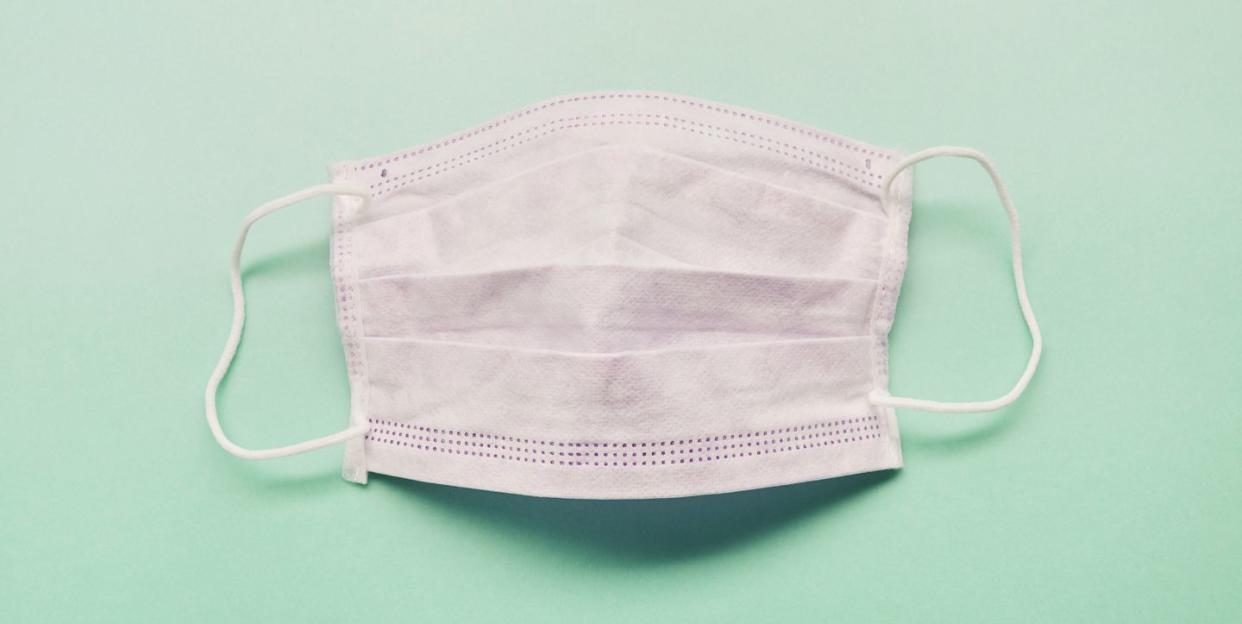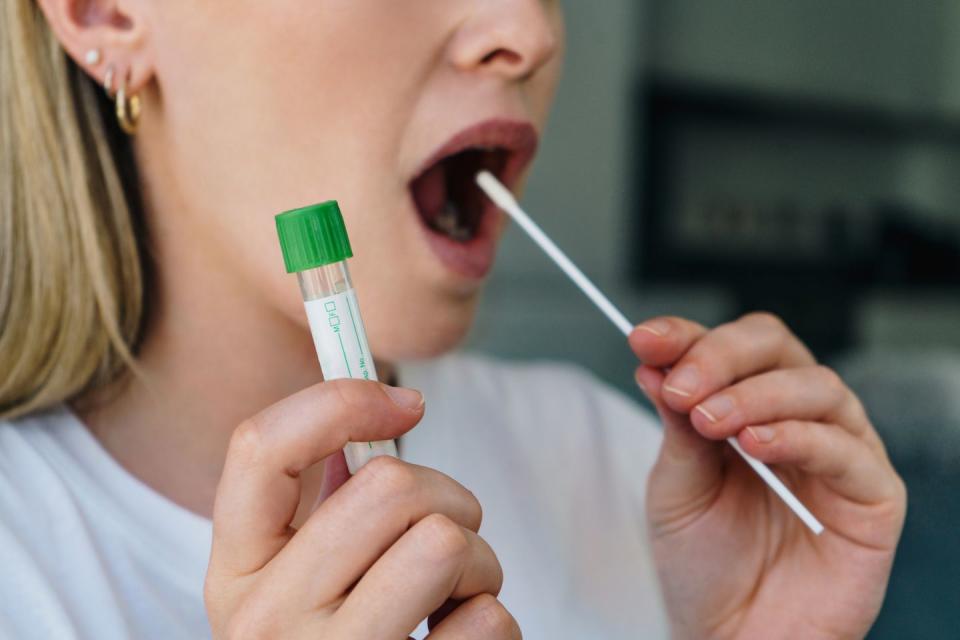This is how long you stay immune to COVID for after contracting the virus

As the country works through its third national lockdown – there have been a recorded 3.85 million cases of COVID 19 in the UK to date (sadly resulting in 108,000 deaths) – scientists have been busy trying to learn everything they can about coronavirus and the way it operates. Some people who've fallen ill have gone on to develop what's now known as Long Covid, whereas others have made a mostly full recovery, minus a continued loss of smell or taste.
Of the 3.85 million recorded to have caught the virus, undoubtedly many will be wondering whether or not they're now immune to it (thanks to the newfound antibodies in their system) – and if so, how long for.
Now, data from the UK Biobank can put a well-researched length of time forward as an answer to that question: 6 months (minimum, for 88% of people). Interestingly, out of the 1,699 people they tested who were found to have COVID 19 antibodies in their blood, younger adults, Black or South Asian seemed most likely to test positive for them.
The study also looked at the symptoms reported by those with antibodies, and the BBC notes that almost a quarter of the 1,699 had a cough, 28% experienced a fever, whereas a notably larger proportion (43%) lost their sense of taste or smell. In addition to those findings, it was unearthed that 20% were symptomless.

However, this doesn't mean that a person who has already contracted the virus and is found to have antibodies in their bloodstream won't contract it again (although cases of reinfection are rare). Plus, even if a person is immune to the virus, they're still able to carry and transmit it to other people (meaning it's still just as important that they wear a face mask in public, observe social distancing measures, stay home if possible and wash their hands regularly).
Speaking about similar research carried out on healthcare workers, as reported by ES, Professor Susan Hopkins said, "We now know that most of those who have had the virus, and developed antibodies, are protected from reinfection, but this is not total and we do not yet know how long protection lasts. Crucially, we believe people may still be able to pass the virus on."
She added, "This means, even if you believe you already had the disease and are protected, you can be reassured it is highly unlikely you will develop severe infections, but there is still a risk that you could acquire an infection and transmit to others. Now, more than ever, it is vital we all stay at home to protect our health service and save lives."
The same group of researchers at Siren will be looking at the impact the vaccine has as time progresses.
The information in this story is accurate as of the publication date. While we are attempting to keep our content as up-to-date as possible, the situation surrounding the coronavirus pandemic continues to develop rapidly, so it's possible that some information and recommendations may have changed since publishing. For any concerns and latest advice, visit the World Health Organisation. If you're in the UK, the National Health Service can also provide useful information and support, while US users can contact the Center for Disease Control and Prevention.
The latest issue of Cosmopolitan UK is out now and you can SUBSCRIBE HERE.
Like this article? Sign up to our newsletter to get more articles like this delivered straight to your inbox.
You Might Also Like

